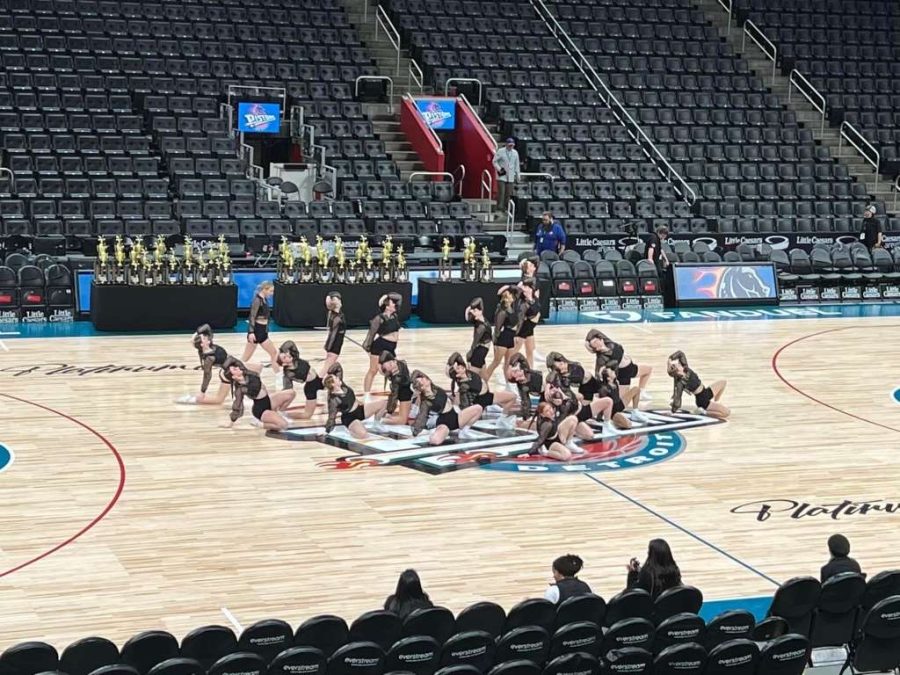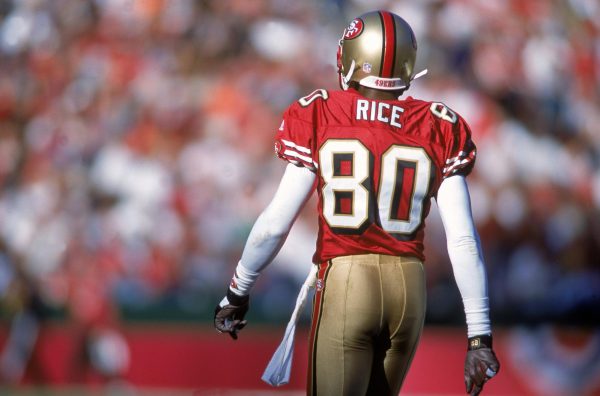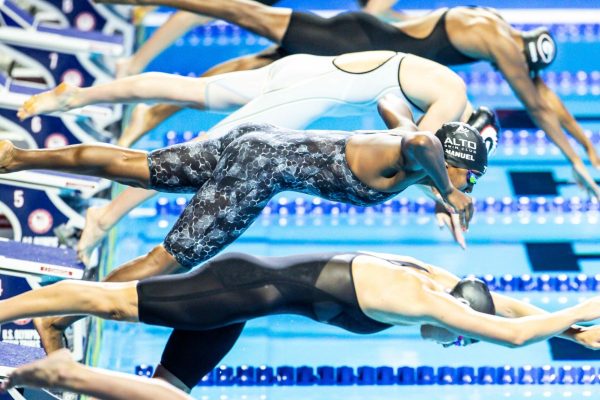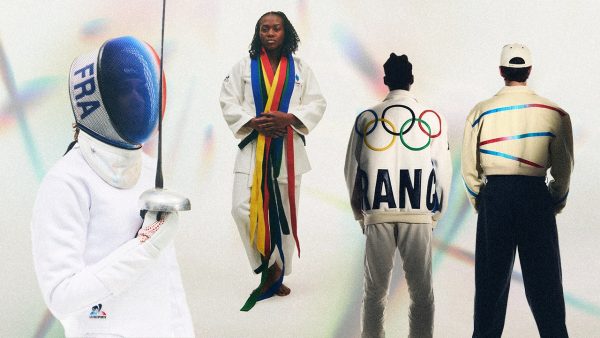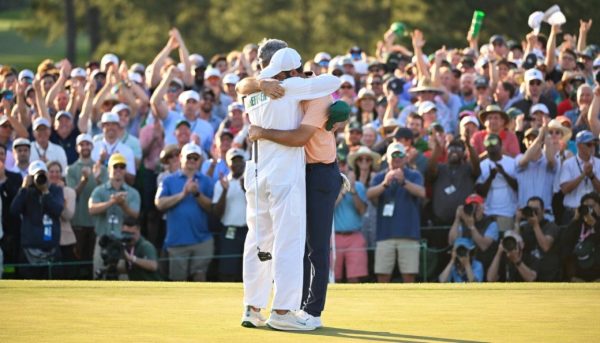Arts versus Sports
In my mind, there are two categories of competitive activities: arts and sports. There are many activities which people debate on whether or not are sports, such as dance team and diving to name two. So, what makes these controversial? Plain and simple: It’s the scoring.
For most sports, there is a standard procedure to keeping score. For example, in basketball, the team scores points only by shooting the ball through a hoop, and in the end, the highest score wins. However, for another sport like gymnastics, the scores are decided by a team of judges. This brings into question potential bias. Determining the scores can be both objectively and subjectively motivated. Objectively, judges do have to follow a set of agreed upon guidelines and a universal scale of point deductions. Subjectively, judges can sometimes implement their own interpretations and opinions. There is potentially a gray area where the two overlap. With preference so easy to come by, how can scoring be standard for everyone? It can’t.
No one is completely impartial. This turns the activity into a different kind of competition. It doesn’t mean it’s any easier, but it just means it is different. This inherent difference in scoring is how I define a sport. If something cannot be played without an “unbiased” judge to impact the scoring, it is not a sport but rather an art. The addition of judging brings an entirely new aspect to the competition.
When the debate of whether or not an activity is deemed a sport or not comes up, many think that the answer is dependent on the difficulty of the activity itself. This is simply not the case. These arts are just as difficult. Dance, for example, requires dancers to stay on beat with fifteen other individuals while simultaneously spinning, turning, and moving. However, it is widely known in dance that going first in dance is a disadvantage because the judges don’t know what’s to come proves that there is not a clear-cut way of judging.
To combat this bias is an entirely different skill. The athletes that participate in these arts learn a new sphere of techniques to improve their chances. A perfect example of this is how dancers wear makeup to define their facial features when they are at a distance from the judges. Should scoring be dependent on facial features? They also are supposed to keep a smile the entire time they’re competing. Since when does a smile, or lack thereof, become the focal point when determining skill level and winners versus losers? It’s just things like these that separate arts and sports.
The final decision has nothing to do with the physical demands of the sport and all to do with the scoring. If you can’t go out with a group of people, perform the activity, and know who wins without a 3rd party, then it’s an art. With many sports, there are pickup games where people just go to play for fun. During a pickup basketball game, players do not need or have a referee, but they still know who wins. On the other hand, if a bunch of dancers got together and danced, each side would say it won purely based on subjectivity.
An art is not easier nor less demanding than a sport; it’s just different. Arts bring in different factors and different spheres of competition. While sports like football just have the aspect of scoring which is clearly defined by scoring a touchdown, field goal, or a safety. We do not need to analyze how well the kick was performed; if a wobbly kick barely makes it through the uprights, it is still worth three points! As long as we have competitions where someone has to grade someone else in order to award points and deem a winner, there will always be bias and speculation.

Philip is a junior at FHC; this is his first year in the FHC Sports Report. He plays varsity tennis and golf here at FHC. His favorite teams are Indiana...



